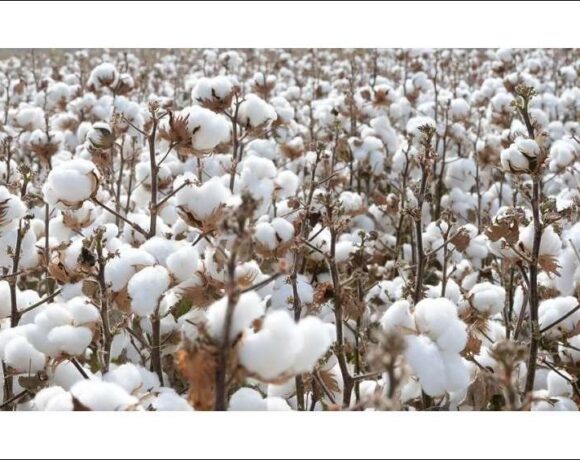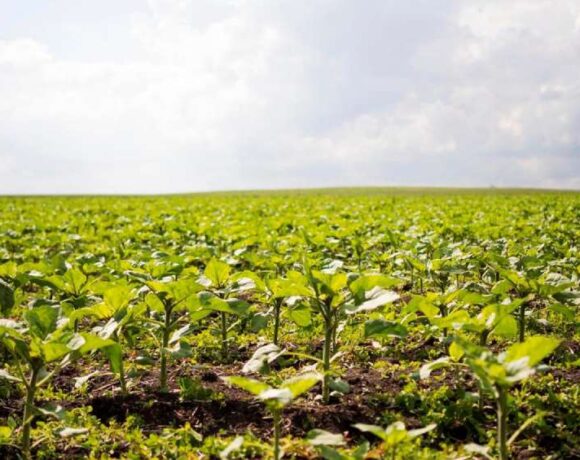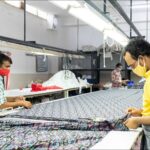AbTF Launches New Transparency Standard For Sustainable Cotton

Independent Audits to Ensure Full Traceability in Global Textile Supply Chain
The Aid by Trade Foundation (AbTF) has announced the introduction of a new Transparency Standard aimed at enhancing the traceability and reliability of sustainable cotton in the global textile industry. Set to launch in the first quarter of 2025, the AbTF Transparency Standard will regulate the use and tracking of cotton verified under Cotton made in Africa (CmiA) and the Regenerative Cotton Standard (RCS). By reinforcing existing monitoring systems with independent audits, AbTF seeks to ensure full supply chain transparency, from the cotton field to the finished textile product.
Gerlind Bäz, Senior Project Manager at AbTF, highlighted the significance of this development: “The AbTF Transparency Standard sets a new benchmark for reliability and traceability in the textile industry. While our current tracking system, established in 2018, monitors whether yarns, fabrics and textiles are produced exclusively using CmiA- or RCS-verified cotton, we are now taking a step further. Moving forward, independent auditors will regularly verify compliance with the new transparency requirements.”
The initiative has been welcomed by key industry stakeholders, including Prof. Dr. Tobias Wollermann, Vice President of Corporate Responsibility at the Otto Group. He emphasized the importance of the standard in strengthening supply chain integrity, stating, “Our global trading operations will benefit from the increased safety and reliability that this new standard provides. It represents a major building block for due diligence in our supply chains.”
Key Features of the AbTF Transparency Standard
The new standard applies to all products containing CmiA- or RCS-verified cotton and incorporates multiple verification mechanisms:
- Risk-Based Desktop Audits: Independent auditors will regularly review tracking system data, production reports and delivery notes to ensure compliance with transparency requirements.
- Digital Transaction Documents (DTDs): These digitally created and independently validated documents will facilitate seamless tracking of CmiA and RCS cotton throughout the supply chain. A missing data input will result in the inability to generate a DTD, ensuring accountability at every stage.
- Regular Self-Assessment Questionnaires: Supply chain stakeholders will be required to conduct periodic evaluations to reinforce adherence to the standard.
- On-Site Onboarding Audits for Spinning Mills: Independent audit companies will conduct in-person assessments to ensure proper implementation of the standard at key production points.
Tina Stridde, Managing Director of AbTF, underscored the broader industry implications of this initiative: “The AbTF Transparency Standard strengthens the position of Cotton made in Africa and the Regenerative Cotton Standard as internationally recognized and reliable sustainability benchmarks. Proving the origin of raw materials and maintaining full traceability throughout the production process is no longer optional for companies—it is a necessity driven by rising political and social expectations.”
With growing pressure on textile companies to demonstrate sustainability and ethical sourcing, the AbTF Transparency Standard provides an essential framework for ensuring integrity and accountability in the use of sustainable cotton. As the industry moves towards greater transparency, this initiative marks a critical step forward in responsible and verifiable cotton sourcing.














